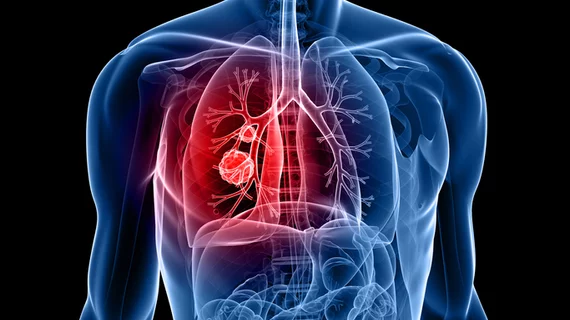Yale seeks help developing measures to address equity in incidental lung nodule follow-up
Yale’s School of Medicine is seeking help developing new quality measures to address health equity in follow-up care for incidental lung nodules.
The Ivy League institution recently notched a nearly $500,000 grant from the Gordon and Betty Moore Foundation for the work. Leaders are now looking to convene a panel of experts to provide guidance in developing such measures relating to lung care in the emergency department.
Patients often receive CT scans in this setting for various ailments of the chest. Some 20% of cases reveal a lung nodule that requires additional care, with some progressing to cancer. Yet many may end up slipping through the cracks, Yale said in a recent announcement.
“Early diagnosis of lung cancer is crucial to outcomes. Unfortunately, many emergency department patients may not receive this follow-up,” the New Haven, Connecticut, institution noted. “Our group hypothesizes that follow-up will often depend on social determinants of health including insurance status, race/ethnicity, and socioeconomic status”
Yale wants to develop measures that quantify how equitably hospital systems complete such follow-up care. Its seeking a diverse panel of stakeholders that would include radiologists, emergency physicians, patients and researchers, among others. Leaders hope to convene the technical expert panel soon, with six video-based, 90-minute meetings to take place over the next year. Those interested have until Jan. 21 to apply.
The American College of Radiology highlighted the project in a news update posted Thursday, Jan. 13.

